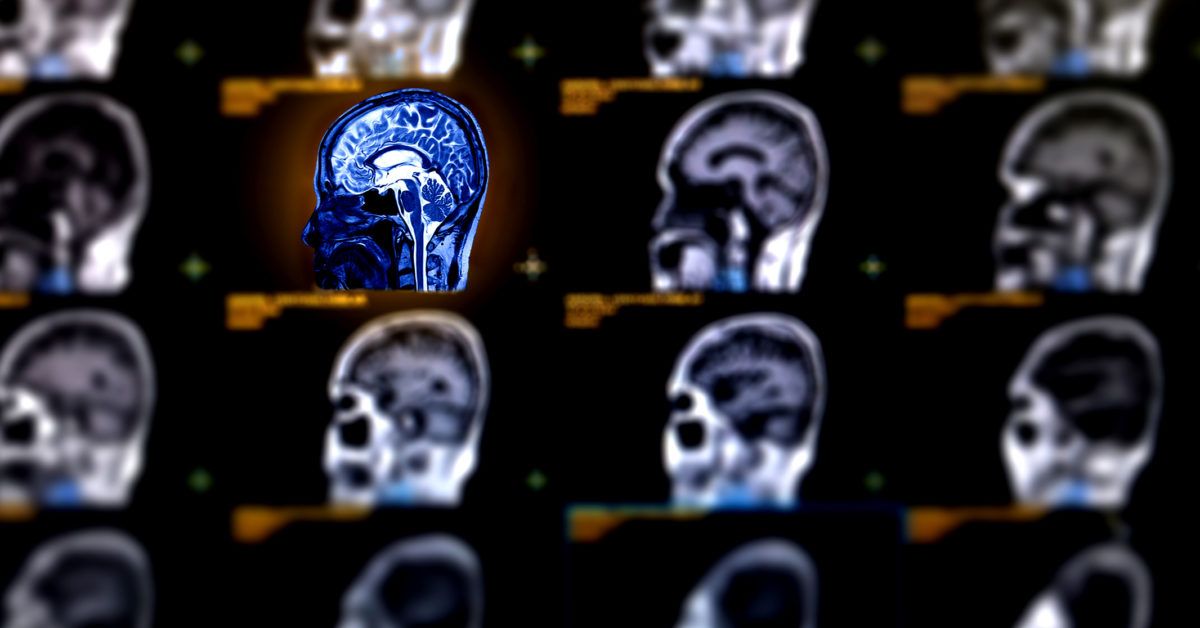Causes Of Selfishness
Causes of Selfishness: Understanding the Root of Self-Centered Behavior
- Causes of Selfishness: Understanding the Root of Self-Centered Behavior
Selfishness is a behavioral trait that often receives negative attention. It’s the act of prioritizing one’s own needs and desires above those of others, which can lead to conflict, strained relationships, and social discord. But what drives individuals to adopt a selfish approach to life? In this article, we explore the multifaceted causes behind selfish behavior, examining everything from psychological influences to environmental factors.
The Psychology Behind Selfishness

Antisocial and Narcissistic Personality Disorders
Personality disorders such as antisocial personality disorder and narcissistic personality disorder are frequently linked with selfishness. Individuals with these conditions may lack empathy and be so engrossed in their own needs that they ignore or disregard the well-being of others.
Low Self-Confidence and Anxiety

Low self-confidence and heightened anxiety can inadvertently lead people to act selfishly. When one’s threat monitor is constantly on high alert, the need to protect oneself can overshadow consideration for others.
Unconscious Lack of Love
Psychologists suggest that an unconscious lack of love, a feeling stemming from discontent with oneself, can translate into a lack of concern for others — the hallmark of selfish behavior.

Environmental and Cultural Influences
Family Dynamics
Growing up in an environment where selfishness is modeled by caregivers can normalize the behavior for children, who then carry these habits into adulthood.
Cultural Factors
Societal and cultural influences can also play a significant role. In some cultures, individualism is prized above community and collective well-being, leading to increased instances of selfish behaviors.

Genetic and Neurobiological Factors
Research has shown that certain genetic and neurobiological factors can predispose individuals to more self-centered behavior, although the environment still plays a significant role in the manifestation of these traits.
The Impact of Modern Life

In today’s digital age, where self-promotion and the pursuit of individual success are often encouraged, selfish tendencies can be exacerbated. The constant attention to personal online presence can contribute to a more self-absorbed outlook.
How to Recognize Selfish Behavior in Ourselves and Others
Recognizing the signs of selfishness can be the first step in addressing and modifying these behaviors. Here are some indicators to watch out for:
- Ignoring the needs of others: Regularly prioritizing one’s own needs over those of others.
- Lack of empathy: Difficulty understanding or sharing the feelings of someone else.
- Entitlement: Believing that one deserves special treatment or that their needs are more important.
Strategies for Addressing Selfishness
While the causes of selfishness may be deeply ingrained, there are steps individuals can take to foster a more empathetic and community-oriented mindset:
- Cultivating empathy: Spending time to understand and connect with the emotions of others.
- Engaging in self-reflection: Regularly evaluating one’s behavior and intentions.
- Practicing altruism: Making a conscious effort to help others without expecting anything in return.
Conclusion
Selfishness is a multifaceted issue with roots in psychology, environment, and even biology. By understanding these complex origins, we can better address selfish behavior in ourselves and in society. While the transformation may be challenging, it is possible to shift toward a more considerate and community-focused perspective.
Table: Key Factors Contributing to Selfish Behavior
| Factor | Description |
|---|---|
| Psychological Disorders | Conditions like antisocial and narcissistic personality disorders can lead to a lack of empathy and increased selfishness. |
| Confidence and Anxiety | Individuals with low self-confidence or high anxiety may act selfishly as a form of self-protection. |
| Family and Culture | Growing up in selfish environments or cultures that value individualism can normalize self-centered behavior. |
| Genetics and Biology | Certain genetic or neurobiological characteristics may increase the likelihood of behaving selfishly. |
In conclusion, as we navigate our relationships and societal roles, it’s crucial to remain vigilant about the causes of selfishness to foster healthier interpersonal dynamics and a more collaborative world.






